Bookish Briefing December '24
An unearthly creature, ancient manuscripts and a giant tome of a book.

Welcome to the Bookish Briefing; where I share a few of my recent reads and wax lyrical about them. Well, what can I say? My reading life has been rich and full this past few months. There is a diverse selection here…Maybe one or two (or all) of them would enrich your reading life.
The Lord of Psalm 23
From the blurb:
‘David Gibson walks through each verse in Psalm 23, thoroughly examining its 3 depictions of the believer’s union with Christ as sheep and shepherd, traveler and companion, and guest and host. Gibson provides canonical context for the Psalm’s beautiful imagery, inspiring praise and wonder as readers reflect on the loving Shepherd who meets every need.’
A favourite quote:
‘It is simply unwise to assume— as some do, unthinkingly—that we have a shepherd who leads us to peace and tranquility but has no say over how sheep come to find themselves in a threatening gorge. No, the valley of the shadow of death, the days of deep darkness, do not mean we have left the paths of righteousness; in fact, they are where the shepherd’s paths of righteousness are sometimes located. This is how he leads.’ (pg. 61)
My thoughts:
This became my ‘before bedtime’ comfort read. It gave me an opportunity to meditate on the care and shepherding of my Saviour, to wonder at His tender leading, and to delight in His goodness all over again. A great way to settle my mind and heart before sleep. I found myself sharing quotes from this with others frequently, it just felt too good not to share! Apologies to my church home group members for a few late night messages…I hope you were blessed by them :)
Mandy
From the blurb:
‘Mandy, the first children's novel ever written by the beloved star of Mary Poppins and The Sound of Music, Julie Andrews, is a modern classic.
Mandy, a ten-year-old orphan, dreams of a place to call her own. Escaping over the orphanage wall to explore the outside world, Mandy discovers a tiny deserted cottage in the woods. All through the spring, summer, and fall, Mandy works to make it truly hers. Sometimes she "borrows" things she needs from the orphanage. Sometimes, to guard her secret, she even lies. Then, one stormy night at the cottage, Mandy gets sick, and no one knows how to find her--except a special friend she didn't know she had.’
A favourite quote:
‘The high stone wall at the back of the orphanage held a great fascination for Mandy. It was behind the orchard and stretched for miles to either side of it. None of the other children seemed to know or care what lay beyond. But Mandy was immensely curious. She speculated for hours, wondering what lay on the other side. By standing on tip toe she could glimpse many trees growing thick and strong….Her desire to see over the wall became an obsession. She felt that just a glimpse of the other side might reveal what she always seemed to be searching for.’ (pg. 12)
My thoughts:
I bought this book for my daughter. After reading it, she left it lying around the house, and the stunning cover on the vintage Collins edition drew me in. This edition (1972) also features delicate illustrations by Mary Dinsdale.
This story now has a special place in my heart and is a firm favourite. Its been a long time since I’ve cried while reading a novel, but I did at the end of this one. I won’t say if they were happy or sad tears (you’ll have to read it to work this out!). Mandy felt like a kindred spirit to my childhood self and I resonated with her character throughout.
Mandy is about childhood wonder, loneliness, finding sanctuary, the innate desire to call somewhere home, the healing beauty of the natural world, and the aching need to belong to a family. I would consider this to be a comforting read; it has a gentle pace and takes you through the seasons (beginning in Spring and ending in Winter). So, so beautiful.
War and Peace
From the blurb:
‘Tolstoy's enthralling epic depicts Russia's war with Napoleon and its effects on the lives of those caught up in the conflict. He creates some of the most vital and involving characters in literature as he follows the rise and fall of families in St Petersburg and Moscow who are linked by their personal and political relationships. His heroes are the thoughtful yet impulsive Pierre Bezukhov, his ambitious friend, Prince Andrei, and the woman who becomes indispensable to both of them, the enchanting Natasha Rostov.’
A favourite quote: (there are far too many to choose from…)
‘Pierre still considered it just as useful and worthy to kill the villain; but he felt that now he would not do it. Why? He did not know, but it was as if he had a presentiment that he would not carry out his intention. He struggled against the consciousness of his weakness, but he dimly sensed that he would not overcome it, that his former grim way of thinking about revenge, murder, and self-sacrifice had fallen into dust at the first contact with a human being.’ (pg. 909)
My thoughts:
Someone should give me a lifetime achievement award for the spectacularly long journey I’ve been on reading War and Peace. It was a delight from start to finish!! I began an intentional slow read in January, following along with
and finished at the end of November (slightly earlier than the official slow read-along).War and Peace is beloved by so many for good reason. There’s not much I can add to the thousands of reviews already out in the world about it, but what I will say is the writing is exquisite.
If you are a writer, I highly recommend this masterclass in characterisation, scene setting, and portraying relational dynamics. I was surprised by the beautiful descriptions of nature and the seasons changing, even in the midst of devastating war.
Its about war within ourselves and with others, finding peace with ourselves and others. Its about different types and shadows of love, the messiness and complications of family life, the strong ties of friendship. Its about passionate faith and lack of faith, societal changes, death and life after death. It is about hope in the face of despair, trauma, grief and so much more. The breadth and scope of this work is phenomenal.
I read the version translated by Richard Pevear and Larissa Volokhonsky which was excellent.
If you have yet to read this may I gently encourage you to take the leap. I would strongly advise you to do an intentional slow read with others ( shout out again to
who is leading another slow read of W&P next year, and my lovely friend Colette who joined me for the journey this year!).Finding My Father
From the blurb:
‘Blair Linnes personal story of growing up without a father at home reflects the experiences of millions. She weaves her personal story with thoughtful theological reflection, inviting readers to learn from God what "father" really means and to trust him, even if they feel their earthly father has let them down.’
A favourite quote:
‘Whether our dads were there or not, and what they were like when they were there, matters. My dad’s absence was the cloud that was always hovering in my sky, sometimes just on the horizon, sometimes blocking the sun, and at other times encompassing me like a fog, blocking me from seeing even an arm’s length in front of me. Others had a father whose presence brought storms. We don’t need to hide that father wound. We don’t need to pretend that we aren’t really that affected by our father’s absence.’ (pg. 27-28)
My thoughts:
This was hard for me to read at times. Not because I wasn’t enjoying the reading experience, but it touched on a sensitive topic in my own life. Blair’s story of fatherlessness is vastly different to mine, but the core emotions and consequences are strikingly similar.
Finding My Father is poetic, real and raw. Blair mines the depths of what it is like to grow up without a strong father figure, and the ramifications this has in our lives. I grieved for my own loss as I read, while also appreciating Blair’s redemptive arc—embracing the Fatherhood of God. An important, powerful book.
Frankenstein
From the blurb:
‘The story of Victor Frankenstein who, obsessed with creating life itself, plunders graveyards for the material to fashion a new being, but whose botched creature sets out to destroy his maker, would become the world's most famous work of horror fiction, and remains a devastating exploration of the limits of human creativity.’
A favourite quote:
‘In spite of the intense labour and wonderful discoveries of modern philosophers, I always came from my studies discontented and unsatisfied. Sir Isaac Newton is said to have avowed that he felt like a child picking up shells besides the great and unexplored ocean of truth. Those of his successors in each branch of natural philosophy with whom I was acquainted, appeared even to my boy’s apprehensions, as tyros engaged in the same pursuit.’ (pg. 41)
My thoughts:
My goodness I was wrong about this book! I had no interest in reading this, ever… until somebody picked it for my work book club. I am so glad they did. I assumed it would be horror, gore and darkness. And yes, there are elements of darkness here (horror and gore maybe not so much), but in my opinion it’s more Gothic in tone.
Frankenstein is about human limitation and its consequences, exploring mankind’s never-ending search for knowledge. Its about the act of creation, personal responsibility and what makes one human and so much more. The writing is stunning; raising philosophical, sociological and even theological questions. This is a great book club pick as it provokes a lot of discussion and debate. There’s a lesson here for me to learn—never judge a book (especially a classic!) by film adaptations/interpretations. I need to just read the original source. If you assume Frankenstein is not for you…it might be time to think again. I honestly believe that everyone can gain something insightful from reading this. I chose to read the volume based on the third edition of 1831; which contains all Mary Shelley’s revisions to her story.
Habits of Grace
From the blurb:
‘Hear his voice. Have his ear. Belong to his body.
Three seemingly unremarkable principles shape and strengthen the Christian life: listening to God’s voice, speaking to him in prayer, and joining together with his people as the church. Though often viewed as normal and routine, the everyday “habits of grace” we cultivate give us access to these God-designed channels through which his love and power flow―including the greatest joy of all: knowing and enjoying Jesus.’
A favourite quote:
‘I can flip a switch, but I don’t provide the electricity. I can turn on a faucet, but I don’t make the water flow. There will be no light and no liquid refreshment without someone else providing it. And so it is for the Christian with the ongoing grace of God. His grace is essential for our spiritual lives, but we don’t control the supply. We can’t make the favor of God flow, but he has given us circuits to connect and pipes to open expectantly. There are paths along which he has promised his favor.’ (pg. 25)
My thoughts:
I recommend this to anyone who desires to be more diligent in practising spiritual disciplines, and for fresh inspiration on practical ways to pursue the Lord daily. Many aspects were familiar to me, but I also found new ideas and Godly wisdom. Maybe one to start the new year with?
Hidden Hands: The Lives of Manuscripts and Their Makers
From the blurb:
‘Hidden Hands tells the stories of the artisans, artists, scribes and readers, patrons and collectors who made and kept the beautiful, fragile objects that have survived the ravages of fire, water and deliberate destruction to form a picture of both English culture and the wider European culture of which it is part.
From the Cuthbert Bible, to works including those by the Beowulf poet, Margery Kempe, Julian of Norwich, Sir Thomas Malory, Chaucer, the Paston Letters and Shakespeare, Mary Wellesley describes the production and preservation of these priceless objects.’
A favourite quote:
‘Hidden Hands asks what it meant to be an author or an artist. Today, we often think of these figures— if we think of them at all—as people who worked alone, but manuscripts remind us repeatedly that making texts and making artefacts was a collaborative exercise, which was also necessary for transmission and preservation…sometimes manuscripts offer us a closer encounter with the scribes whose words we read than the authors whose work they copied.’ (pg. 18)
My thoughts:
I have been fascinated with all things concerning books lately (well, I always have), particularly learning about ancient manuscripts and the production/publication of books. I have a long list of books to get to, but this has been a great start. It is written in an engaging style and contains images/reproductions of manuscript artwork throughout. The history of how manuscripts have been produced and discovered is compelling to read. There are many weird and wonderful tales included. It has definitely increased my appreciation for the sheer amount of effort and skill involved in the creation of these manuscripts over time. Highly recommended!
I’m on the lookout for more on this theme, so please do send any recommendations you have. They’ll be gladly received :)
I have a huge stack of Advent/Christmas/Bookclub/General Interest books teetering precariously by my bedside. I’m anticipating wonderful reading experiences into the new year and wholeheartedly pray the same for you!
What seasonal reads are you enjoying at the moment? Do share in the comments and spread book joy!
Grace and peace to you and yours,
Ishah Xx



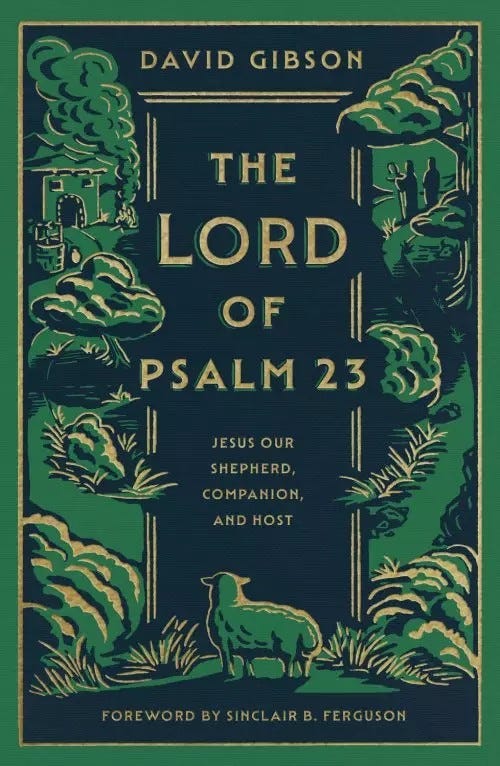

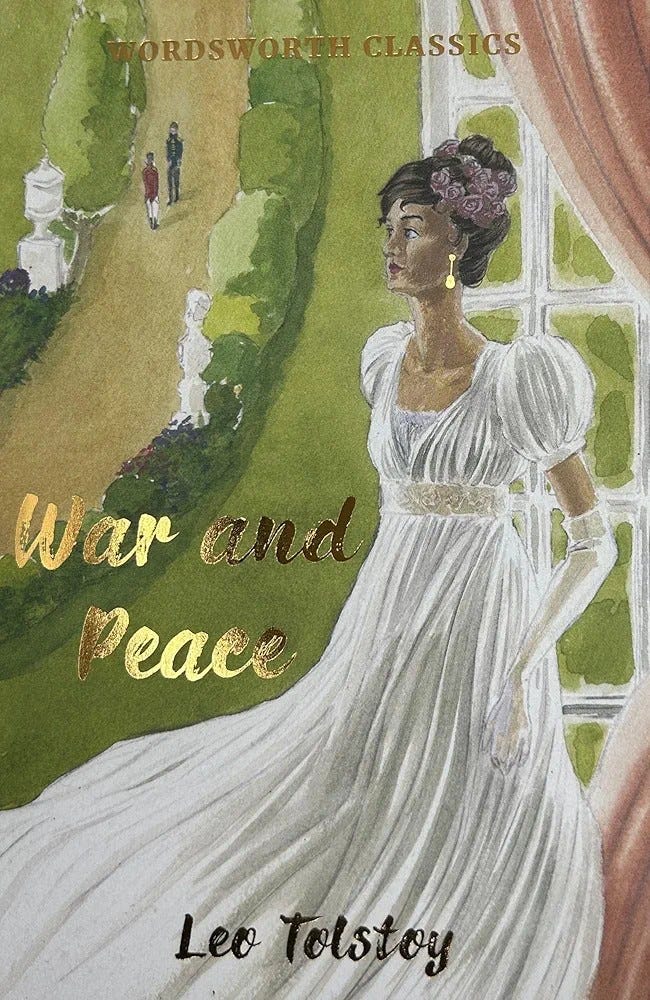
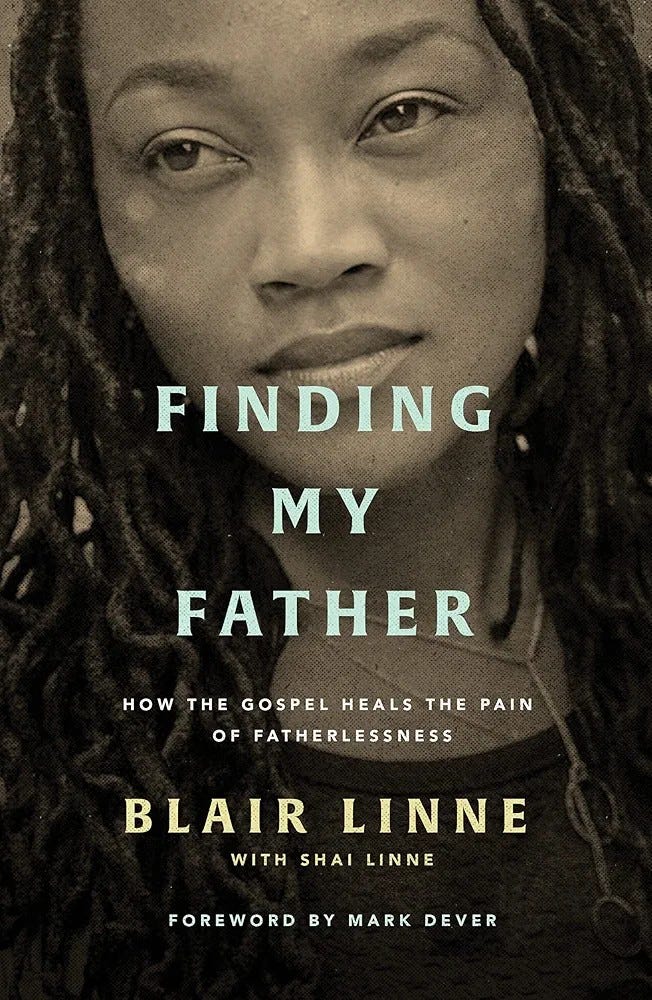

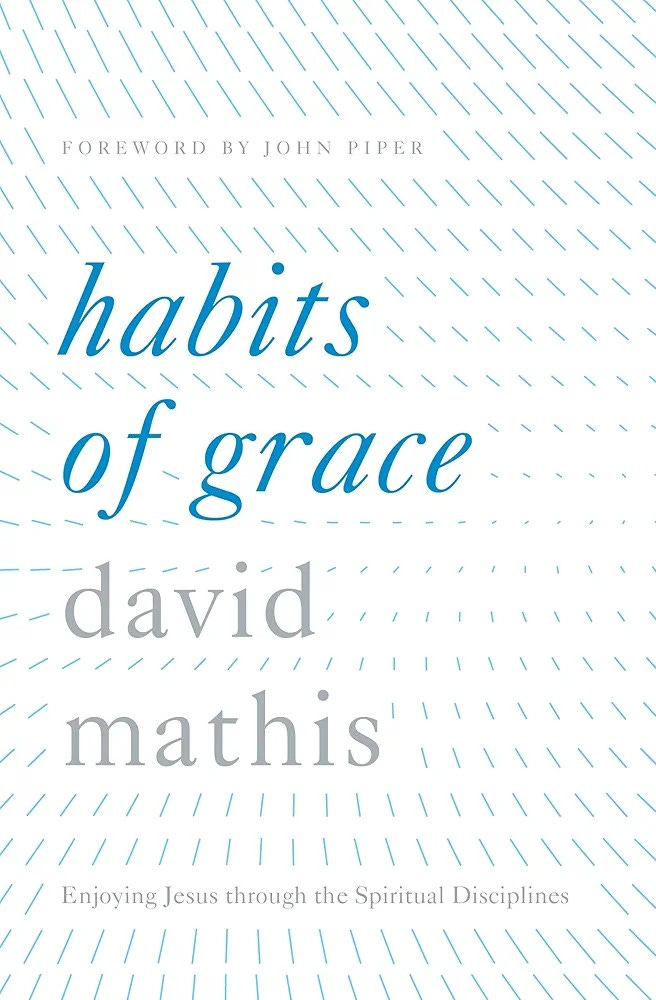
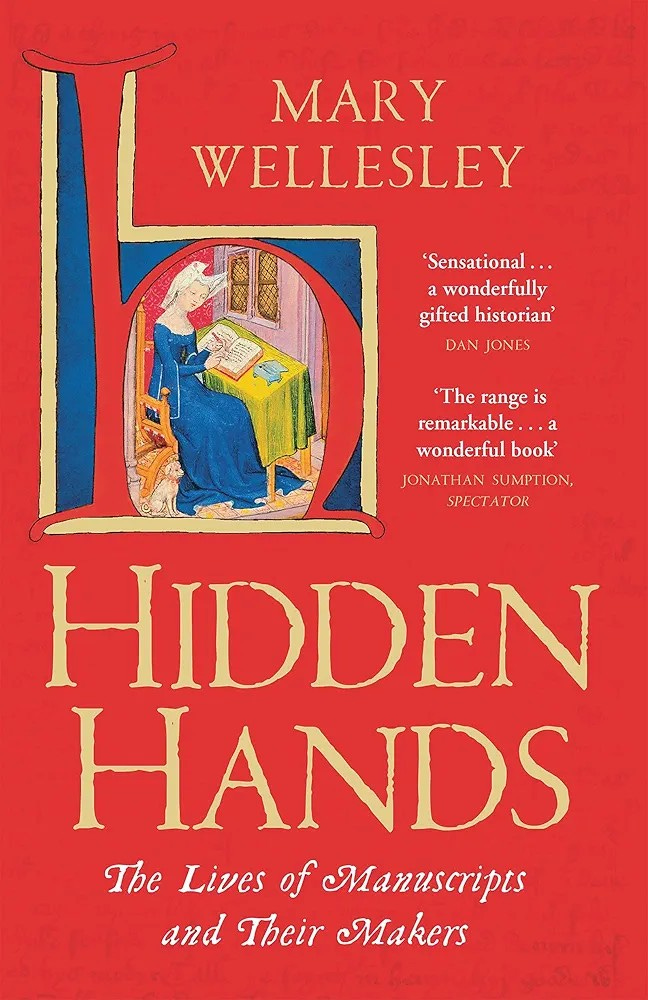
Love this list Ishah! I also read Gibson's Psalm 23, it was a favourite of mine this year. I'm intrigued by the Hidden Hands book, I'm going to add it to my TBR!
I’m currently reading David Gibson’s Psalm 23. I’m also reading it slowly as it reads so beautifully on the Good Shepherd.